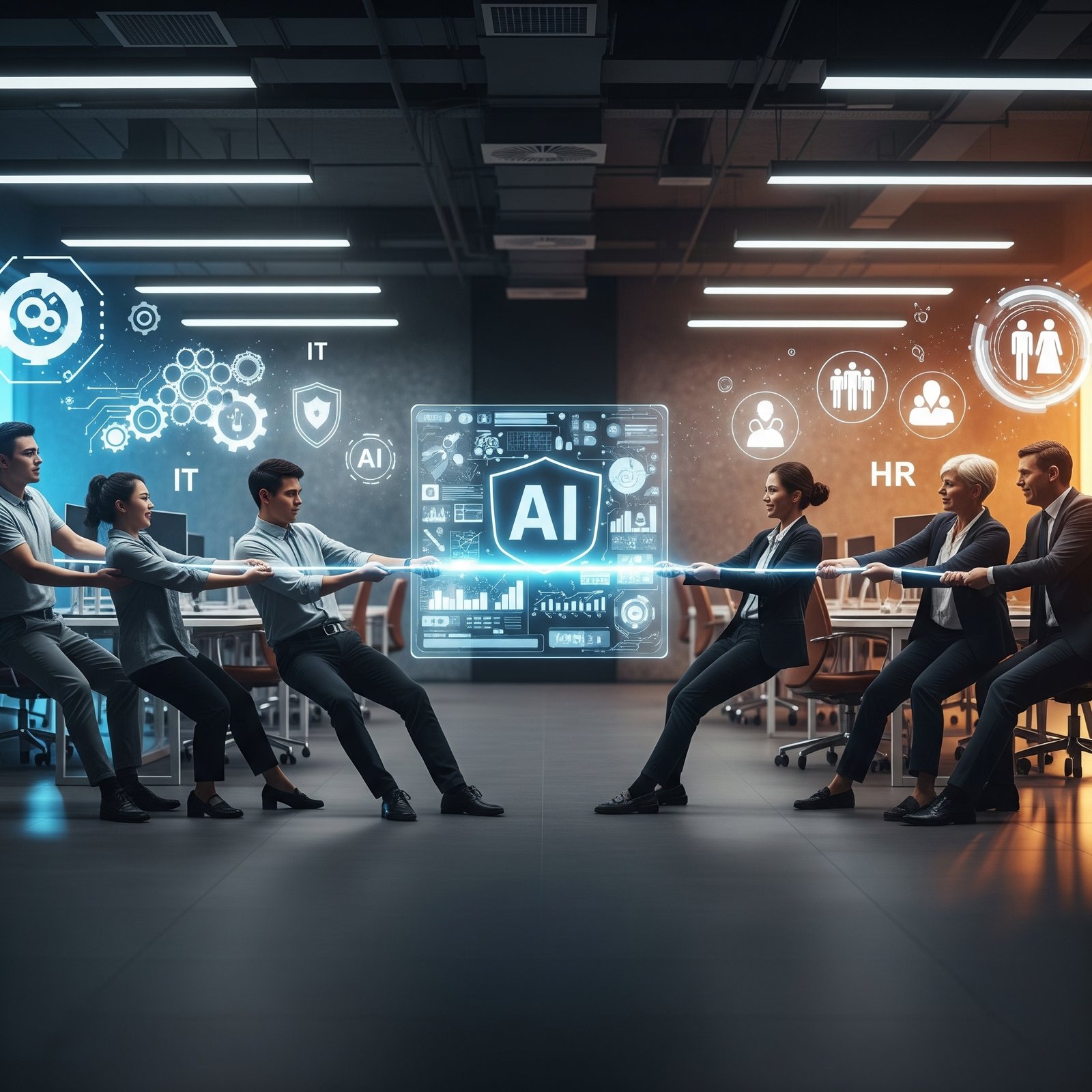Talent wars intensify. Companies struggle. Recruitment needs transformation.
In a groundbreaking new book, Sarah D’Souza, founder of Aligned Prosperity, challenges the fundamental assumptions that have governed hiring practices for decades. Her work reveals what many recruitment professionals have suspected but few have articulated: traditional hiring methods have become dangerously obsolete in the age of artificial intelligence.
The timing couldn’t be more critical. As organizations across industries face unprecedented talent shortages, D’Souza’s insights offer a roadmap for companies seeking to remain competitive in an increasingly AI-driven recruitment landscape.
Why Traditional Hiring No Longer Works
The evidence is compelling. Companies relying on conventional recruitment methods face a perfect storm of challenges: qualified candidates are being filtered out by rigid keyword matching systems, while lengthy interview processes drive top talent straight to more agile competitors.
What D’Souza has identified reflects exactly what we’re seeing in the market,” notes Jack Whatley, founder of AI Recruitment Software. “The best professionals aren’t scrolling through job boards. They’re already employed, being courted by multiple companies, and receiving offers within weeks, not months.”
This reality creates an impossible situation for organizations still wedded to traditional hiring approaches. Resume-based filtering, which once seemed efficient, now systematically eliminates qualified candidates whose documents don’t contain the precise algorithmic triggers. Meanwhile, drawn-out interview processes designed for thoroughness instead create costly delays that premium talent simply won’t tolerate.
The Human Connection Paradox
Perhaps most striking in D’Souza’s analysis is what Whatley calls “the human connection paradox” in modern recruitment: as companies have adopted more technology, the human element that actually secures top talent has been systematically removed.
“The irony is that while everyone talks about AI potentially replacing human jobs, the most successful recruitment strategies are becoming more human-to-human, not less,” Whatley explains. “Technology should enhance human capabilities in recruitment, not replace them.”
This perspective aligns perfectly with the Hybrid AI Workforce model that Whatley has pioneered at AI Recruitment Software. Rather than viewing artificial intelligence as a replacement for human recruiters, the approach leverages AI to handle data-intensive tasks while empowering human professionals to focus on relationship building and candidate experience.
Small Companies Gaining the Upper Hand
One of the most unexpected developments in this shifting landscape is how AI is leveling the playing field between recruitment giants and smaller operations. Traditionally, large corporations held advantages in scale, resources, and access to premium talent. The emergence of sophisticated AI recruitment tools is rapidly eroding these advantages.
“What we’re seeing now is that small and mid-sized businesses with the right AI recruitment strategy can actually outmaneuver larger competitors,” Whatley observes. “Our Autonomous AI Workforce approach allows companies with 5 to 500 employees to analyze candidates with PhD-level intelligence trained from world-class datasets.”
This democratization of recruitment capabilities represents a fundamental shift in how companies compete for talent. Organizations no longer need massive HR departments to implement sophisticated recruitment strategies that deliver exceptional results.
Beyond Automation to Intelligence
Both D’Souza and Whatley emphasize that the future of recruitment isn’t simply about automating existing processes. It requires a complete reimagining of how companies identify, engage, and secure talent.
“The multi-agent systems we’ve developed don’t just speed up traditional recruitment,” Whatley explains. “They transform it entirely by solving entire ecosystems of challenges simultaneously. This brings speed, precision, and scalability that traditional approaches simply can’t match.”
These systems leverage specialized AI agents that focus on specific tasks within the recruitment lifecycle while collaborating with each other in real-time. The result is a recruitment engine that continuously improves with each hire through what Whatley calls “the network effect” – the principle that a service becomes more valuable as more people use it.
The Future Is Human-Centered Technology
As D’Souza’s book makes clear, the companies that will win the talent wars in coming years won’t be those that simply adopt more technology. The winners will be organizations that strategically deploy AI to create more human, responsive, and effective recruitment experiences.
“We’re entering an era where technology finally allows us to make recruitment more personal, not less,” Whatley concludes. “The most successful companies will use AI not to replace the human element, but to enhance it dramatically.”
For small and mid-sized businesses especially, this shift represents an unprecedented opportunity. By embracing AI-driven recruitment strategies that emphasize human connection, these organizations can now compete for talent that was previously beyond their reach. The question is no longer whether companies should adopt AI for recruitment, but how quickly they can implement it to avoid being left behind.
